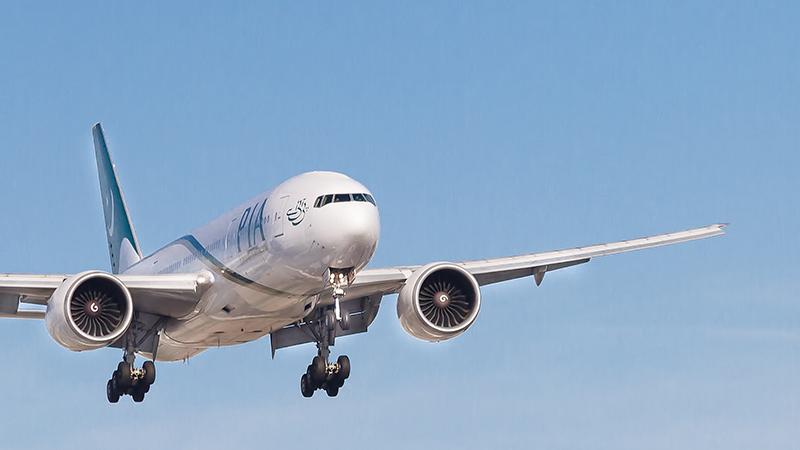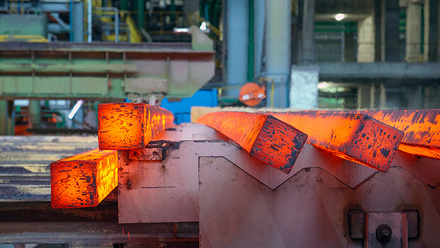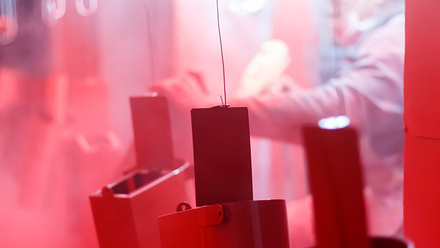AI-driven ceramic coatings for greener air travel
Funding for research into new coatings could also assist space travel exploration

Dr Tanvir Hussain has received the five-year fellowship funded by the Engineering and Physical Sciences Research Council - to find new modelling and processing techniques that will overhaul the design and manufacture of advanced ceramic materials for the next-generation of air and space travel. The long-term vision is to build a Centre of Excellence in Ceramic Coatings at the University.
Dr Hussain, from the Coatings and Surface Engineering Research group, explains, 'Ceramics are an important group of materials and their processing into aerospace coatings and components requires specialist techniques. Current approaches for new materials discovery and production are wasteful, costly and energy inefficient.'
Using Artificial Intelligence (AI) and advanced chemistry, Dr Hussain aims to influence the molecular architecture of ceramic materials to tailor their properties and to make them more durable and sustainable.
To facilitate widespread industrial uptake, the project aims to produce bespoke ceramic coatings designed and manufactured with thermal, electrical and environmental barrier properties that can be fine-tuned to their desired applications in aerospace.
This includes:
• thermal barrier coatings to protect superalloys from high temperatures
• environmental barrier coatings to protect ceramic composites from steam
• electrolytes for fuel cells and solar cells in auxiliary power generation for electric aircraft
• insulating coatings for electric motors for the electrification of aircrafts
• corrosion and wear-resistant coatings for various critical components in aero-engines
'The research will lead to the creation of products for the aerospace industry with improved properties, performances and reduced materials processing times; that can be manufactured in large volumes at a fraction of a cost of today’s methods,' adds Dr Hussain.







